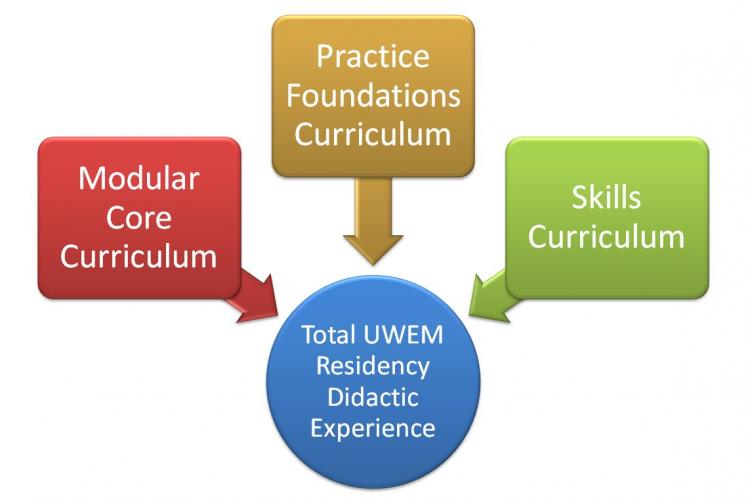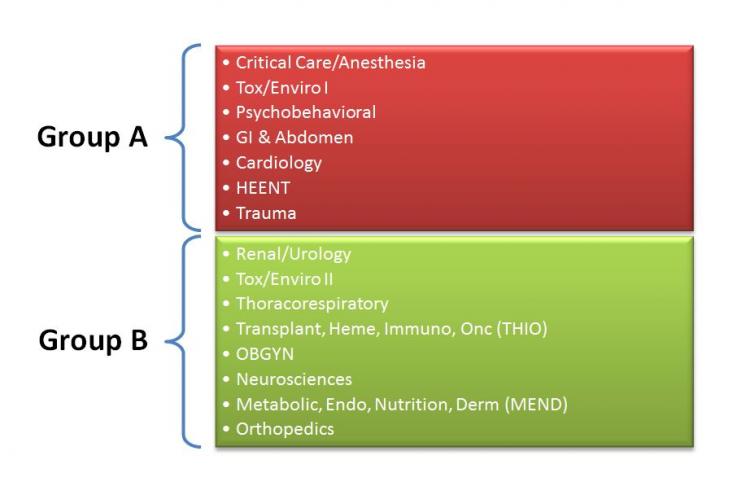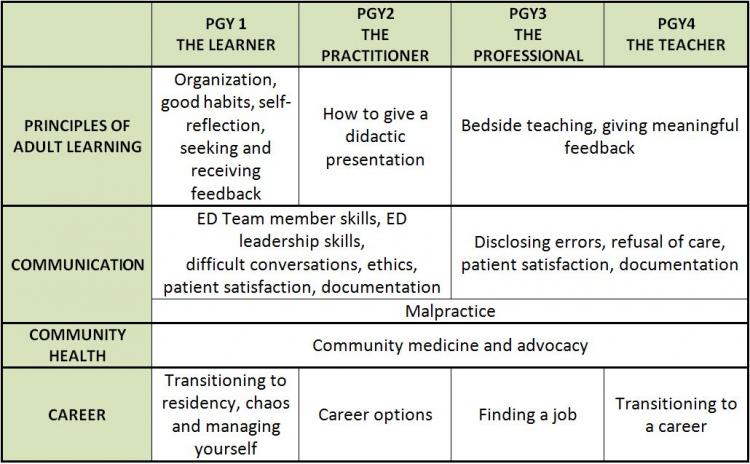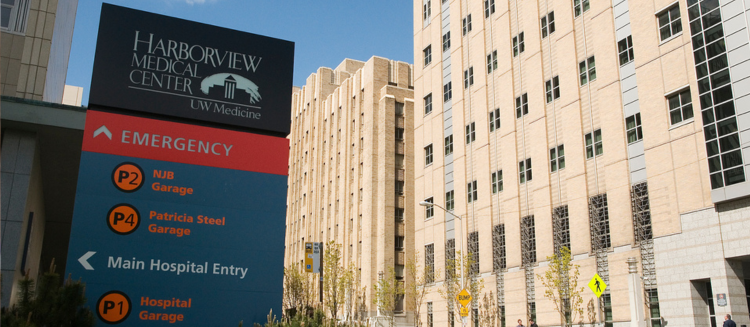Conference Series

The didactic curriculum is organized into 21 distinct modules which are designed to cover the American Board of Emergency Medicine's (ABEM) Model of Clinical Practice. Modules are led by EM faculty members who, because they have specialized interests, increase the innovation, quality, and energy of didactic sessions. One Thursday each month is devoted to pediatric emergency medicine topics and those didactics sessions are held at Seattle Children's Hospital.
In addition to the 21 didactics modules, there are a number of longitudinal elements built into the curriculum covered on a monthly or semi-monthly basis. These elements include joint EM/radiology lectures, evidence-based medicine, ultrasound, chief's rounds, and morbidity and mortality conferences. Additionally, the residency includes a Practice Foundations Curriculum that addresses the practical elements of clinical practice, such as job opportunities, malpractice, teaching, and wellness.


Simulation
Simulation is a key component of the UW EM training and focuses on the development of leadership and problem-solving skills. At the University of Washington, EM residents have regularly scheduled simulation exercises at the WWAMI Institute for Simulation in Healthcare (WISH), an 8,000-square-foot, state-of-the-art facility that includes a virtual trauma bay. In faculty-developed scenarios, residents work in teams to develop and practice effective communication skills and appropriate medical management of critically ill and unstable patients. Simulation sessions are scheduled monthly.
The simulation sessions are coupled with other hands-on skills practice. Procedural skills are honed using task trainers and anatomic models. Ultrasound skills are taught using both task trainers and simulated patients. All sessions are done in small groups with a low resident-to-faculty ratio, often one-on-one teaching to allow questions and individualized instruction.
Journal Club
Every other month, a faculty member hosts a journal club and dinner at their home. Several primary articles with accompanying supporting articles are selected on a particular topic (which may include practice-changing research) with a focus on evidence-based medicine. Journal Club participants scrutinize the methodology and the statistical analysis of the research and discuss the broader implications of the results. Journal club is an opportunity for lively debate and provides a wonderful venue for camaraderie and fellowship.
Practice Foundations Curriculum
Curriculum Map

Practice Foundations Curriculum and Goals
Events
- PGY1/2 Wellness Retreat
- PGY2 Career Night
- PGY3 Retreat (Career, Supervising, Wellness)
- PGY3 Interview Panel
- PGY3 CV Workshop
- PGY4 Retreat
- PGY4 Transition Lunch
- Legal Day
- Social EM Workshop
Advising Program
At the start of residency, each new intern is paired with a general faculty advisor and a PGY2 “Big Sib.” These two work with you to help you get settled in to Seattle, life as a resident, and the work environment. Your Big Sib will help guide you through the day-to-day hurdles of residency, like how to be efficient on off-service rotations, as well as provide general advice. Your general advisor will help you develop & stick to a study plan, get you thinking about future career options, and serve as a faculty source of advice on various topics - residency related or not.
One of the many advantages of a four-year program is that we have more time to focus on your post-residency career. The advisor track dovetails with the Career Development Plan. As you solidify your career interests, we’ll help you find a “career mentor” – someone with expertise in your area of interest. Your career mentor will help you determine how you might utilize your elective time in your 3rd and 4th years to lay the foundation for your future career. Once you’ve identified a career mentor (early PGY3) you will transition from meeting with your general advisor to meeting with your career mentor.
For many of the events listed above, colleagues from EDs in the surrounding communities are brought in to offer their insight and expertise. The events facilitate networking and help our residents establish contacts in the local EM community.




